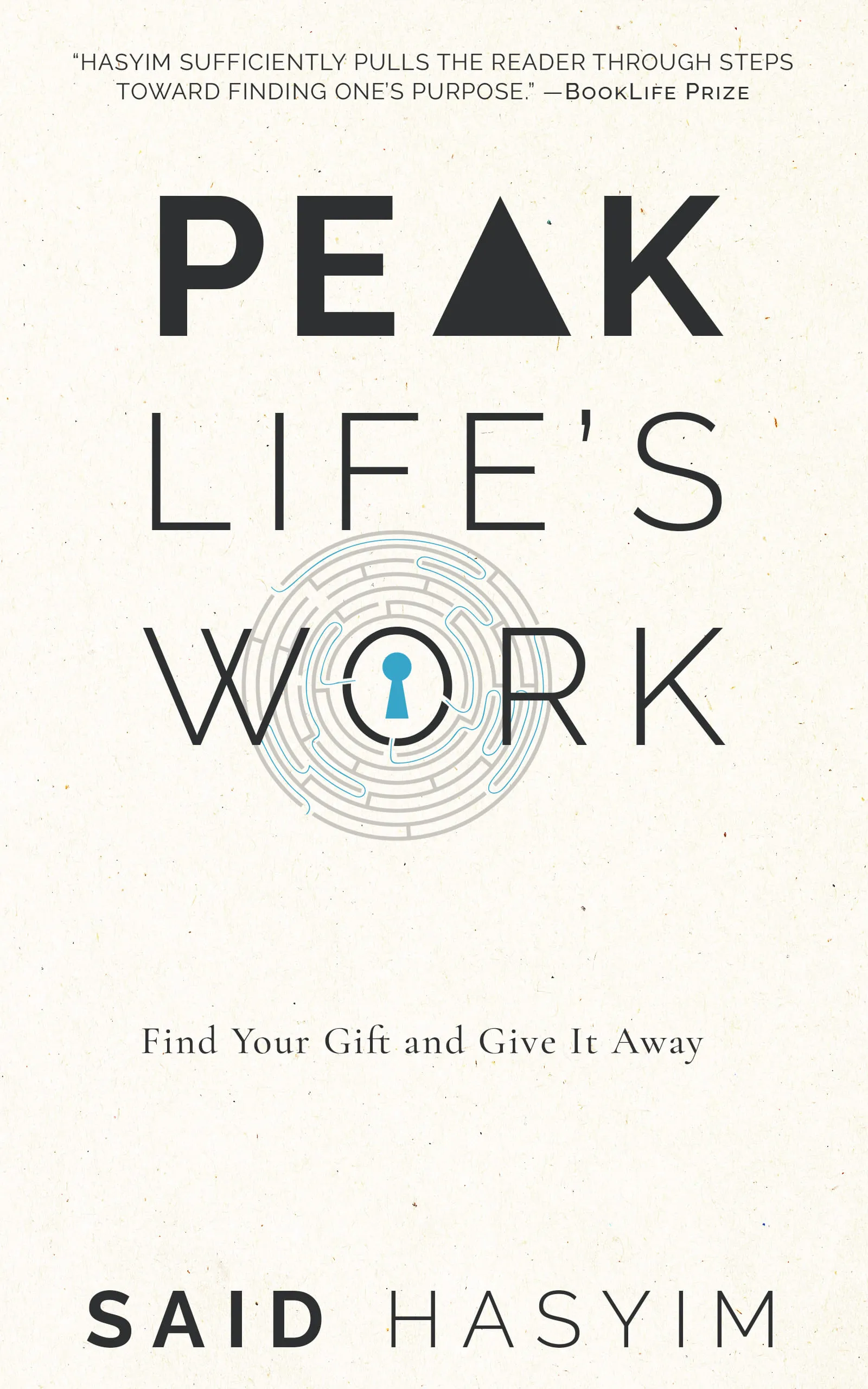Finding Meaning in Work: A Guidebook Exploration
In today's fast-paced world, the quest for meaningful work has become a common pursuit. Many individuals are feeling increasingly disillusioned by the traditional notions of career success, often equating productivity with self-worth, leading to burnout and dissatisfaction. However, the journey toward finding meaning in work can be enlightening and transformative. This article aims to explore the various dimensions of meaningful work and provide a guidebook exploration to help you navigate your own path toward fulfillment.
Understanding Meaningful Work
What Does Meaningful Work Mean?
Meaningful work is often defined as work that aligns with one’s values, passions, and personal goals. It transcends monetary compensation and Job Titles; it embodies a sense of purpose, fulfillment, and contribution. There are various elements that contribute to finding meaning in work:
Alignment with Values: Engaging in work that reflects your core beliefs and values helps to create a sense of integrity and self-acceptance.
Contribution to Society: Knowing that your work positively impacts others, the community, or the environment can add significant meaning to your professional life.
Personal Growth: Work that challenges you and helps develop your skills fosters a sense of achievement and personal evolution.
Passion and Interest: Engaging in work that you are passionate about can ignite enthusiasm and a desire to excel.
Connection with Others: Building relationships and collaborating with colleagues that share similar values creates a supportive work environment that enhances job satisfaction.
The Importance of Meaningful Work
In our lives, work occupies a significant portion of our time. Therefore, finding meaning in it is vital for our overall well-being. Research has shown that people who find meaning in their work experience:
- Increased Job Satisfaction: Meaningful work leads to higher levels of happiness and fulfillment.
- Enhanced Performance: Individuals who invest themselves in meaningful work often surpass expectations and make greater contributions to their organizations.
- Improved Mental Health: A connection between work and personal value reduces stress and prevents burnout.
Exploring the Path to Meaningful Work
1. Self-Reflection
Before embarking on your journey to finding meaningful work, it’s crucial to engage in self-reflection. Understand what is truly important to you by asking yourself the following questions:
- What are my core values?
- What activities make me feel most fulfilled?
- What skills do I bring to the table?
- Who do I admire, and what aspects of their work resonate with me?
Keeping a journal to record your thoughts, experiences, and aspirations can provide you with valuable insights that guide your future decisions.
2. Define Your Vision of Meaningful Work
Once you have a clearer understanding of your values and passions, the next step is to define what meaningful work looks like for you. Consider the following aspects:
- Career Goals: Identify your short-term and long-term career goals and assess whether they align with your values.
- Ideal Work Environment: Picture the type of workplace culture, size, and community you would thrive in.
- Desired Impact: Determine how you would like your work to contribute to society, whether it’s through direct impact or inspiring others.
3. Explore Different Career Paths
The traditional career path may not always lead to meaningful work. Be open to exploring alternative opportunities that align with your newfound vision. Consider:
Networking: Connect with professionals in fields you’re interested in to gain insights and advice. Informational interviews can also help you learn about careers from those already on that path.
Volunteering: Engage in volunteer work related to activities you are passionate about. This can provide clarity and direction, as well as help you refine your skills.
Education and Training: Research courses, certifications, or degrees that can equip you with the knowledge and skills necessary for your desired field.
4. Create a Plan of Action
Once you have explored potential paths, it’s time to create a strategic plan. Outline achievable steps toward transitioning into meaningful work. Creating a timeline and setting milestones can help you stay focused and motivated.
Short-Term Actions: Identify small goals that can be accomplished quickly, such as updating your resume or reaching out to potential mentors.
Mid-Term Goals: If additional education is needed, prioritize which courses or certifications can help you reach your long-term objectives.
Long-Term Vision: Envision where you see yourself in five to ten years and outline steps to move towards that vision.
5. Embrace Continuous Growth and Adaptation
The journey to finding meaningful work is not a linear path; it’s an ongoing process that requires adaptability and resilience. Embrace learning opportunities and be open to refining your goals as your values and personal circumstances evolve.
Seek Feedback: Regularly seek feedback from colleagues and mentors to gain insights into your progress and areas of improvement.
Stay Curious: Continue exploring new fields, reading widely, and meeting new people. You never know where a conversation might lead!
Conclusion
Finding meaning in work is a deeply personal and evolving adventure. It requires a commitment to self-reflection, exploration, and continuous growth. The search for meaningful work can enrich both your professional and personal life, leading to a more fulfilled and purposeful existence. By actively engaging in this guidebook exploration, you can pave your own path toward a career that resonates with who you are at your core, ultimately leading to greater satisfaction and a lasting impact on the world around you.
Remember, your journey to meaningful work begins with the first step — a curious heart and an open mind.
Start Your Transformative Journey
Peak Life's Work, a transformative book to unlocking your true potential and finding purpose. Learn science-backed strategies from top performers to enhance skills and creativity. Gain insights into success and failure while uncovering your personal talents. With practical steps for self-discovery and nurturing talent, this book equips you for a fulfilling journey toward your greatest work.
